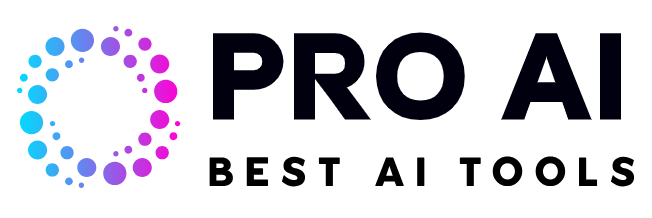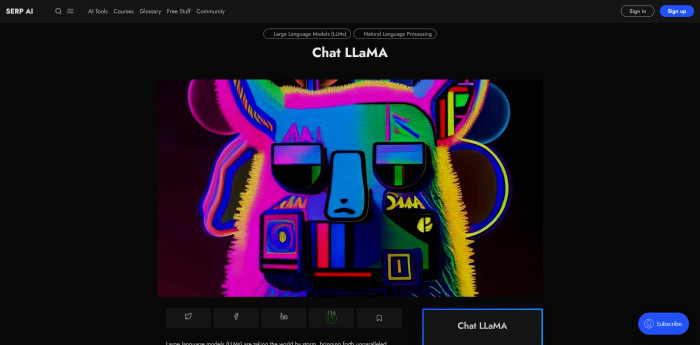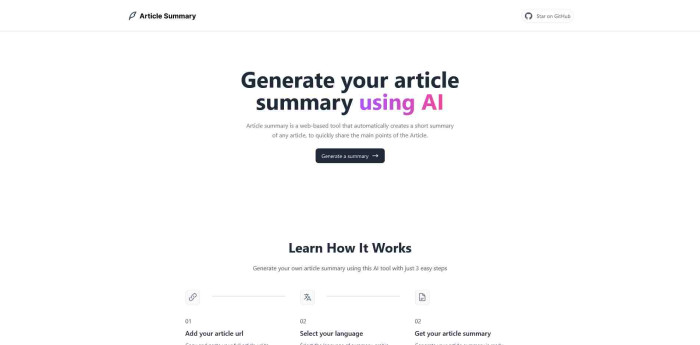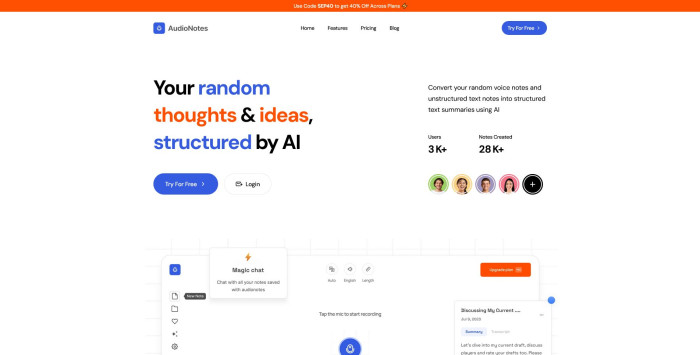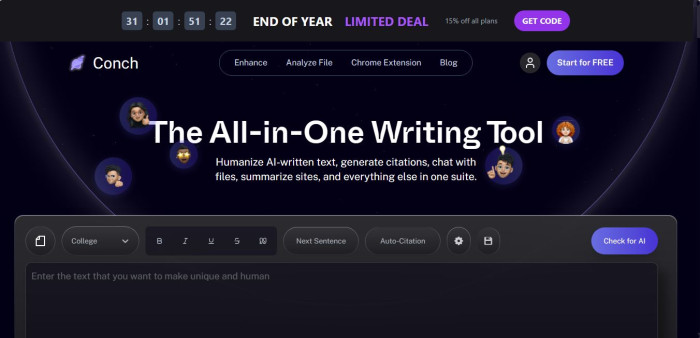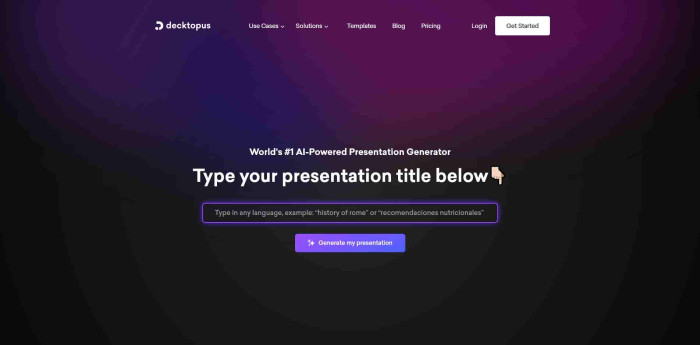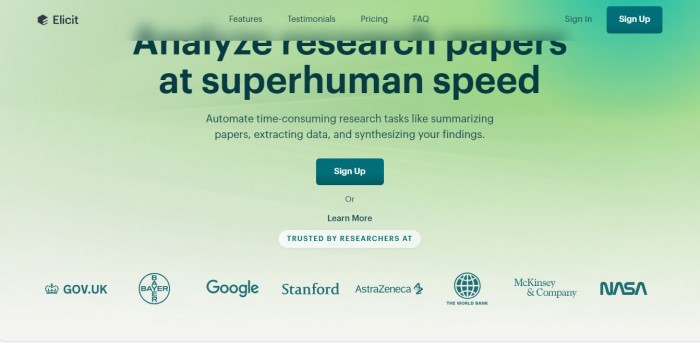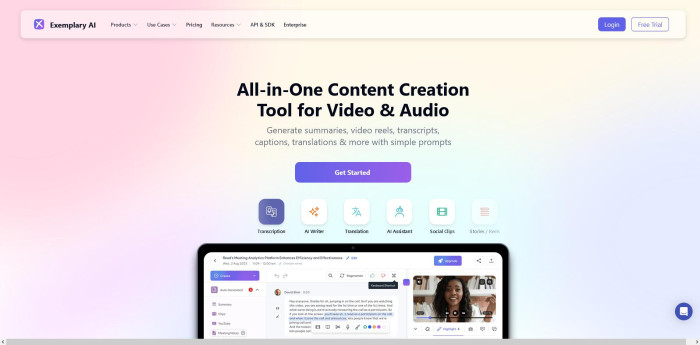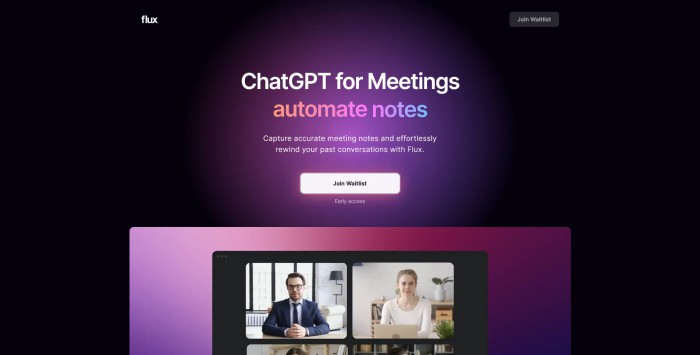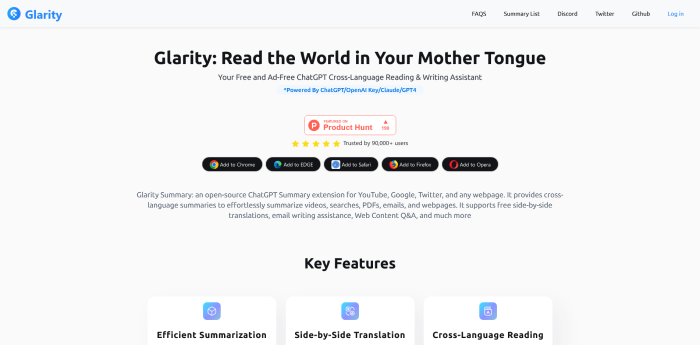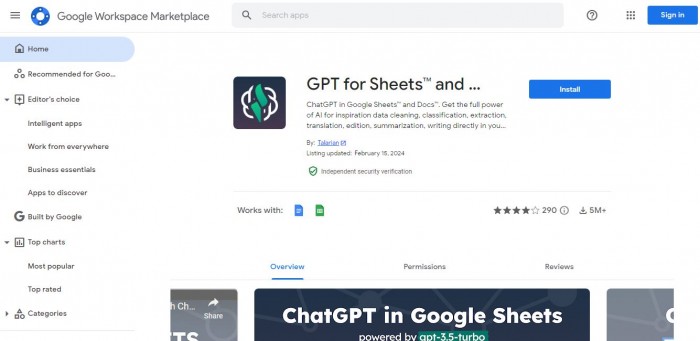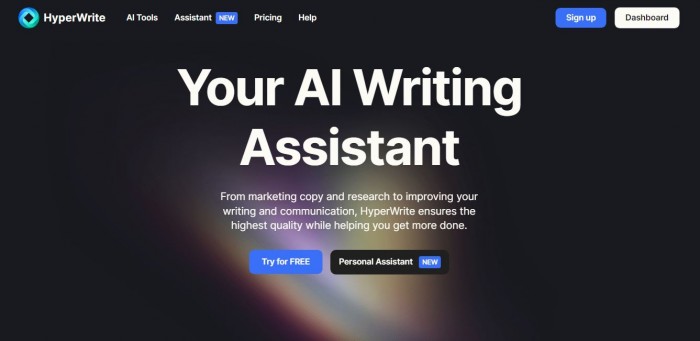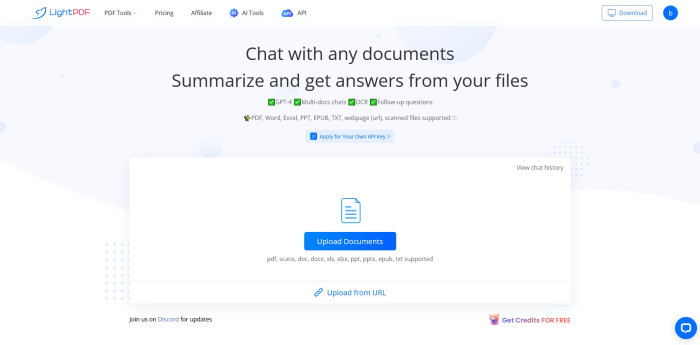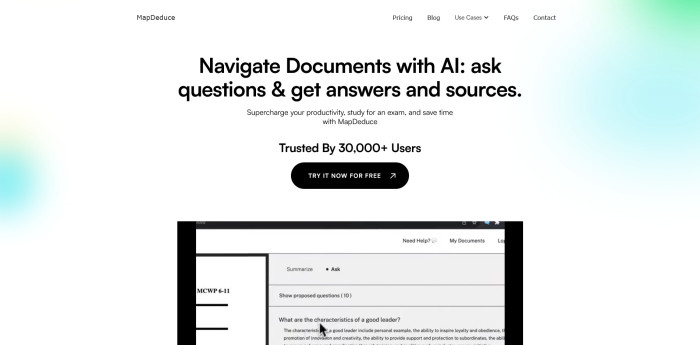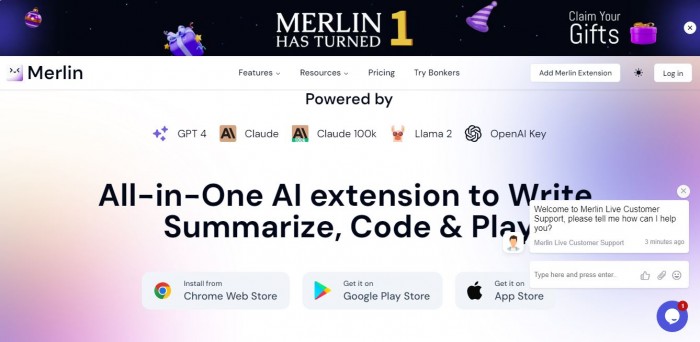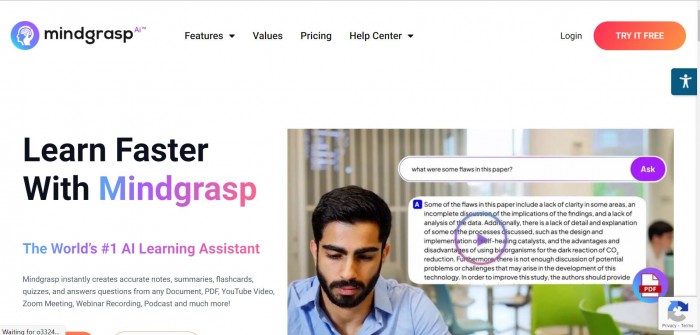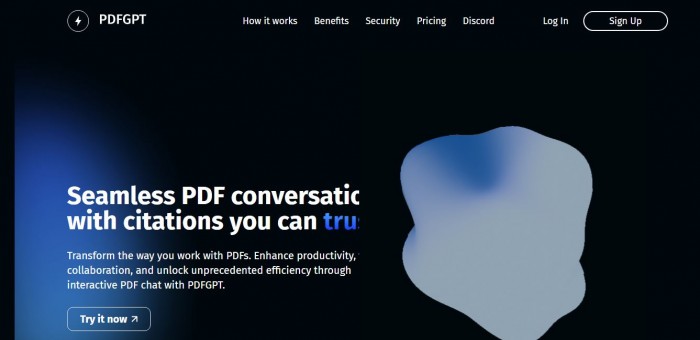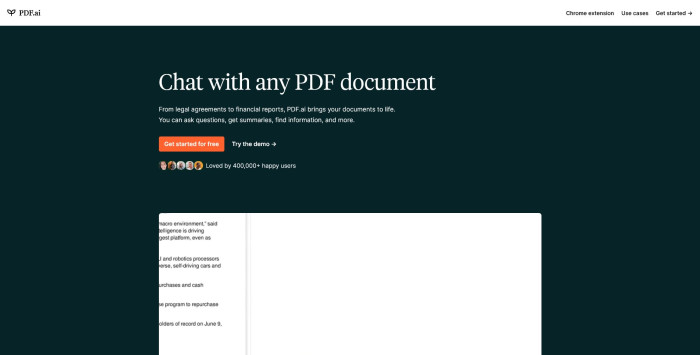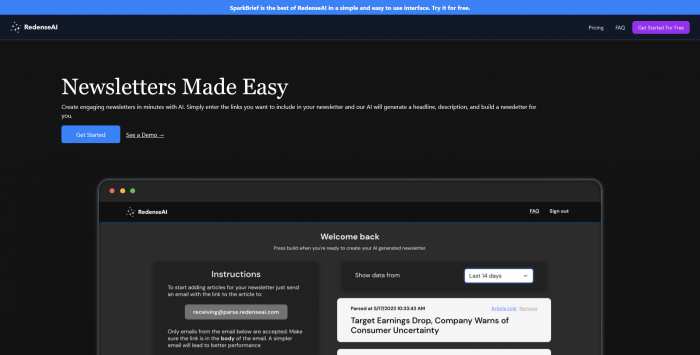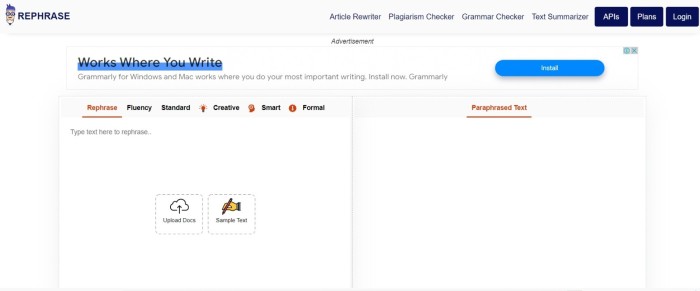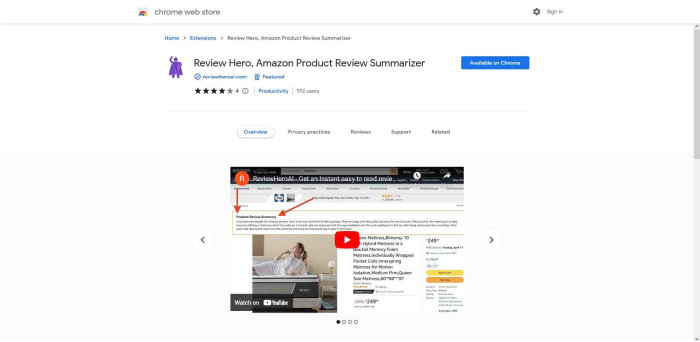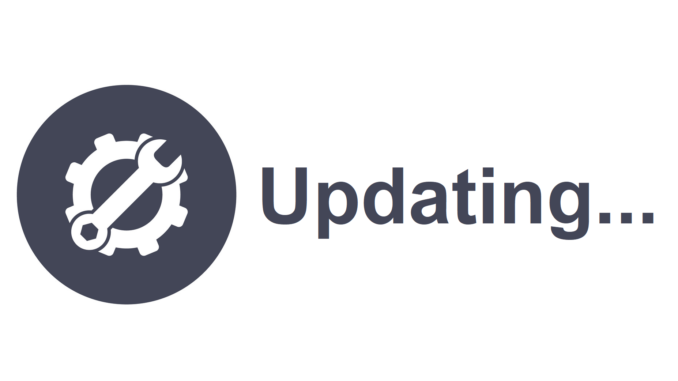Chat LLaMA: Revolutionizing NLP with Low-Rank Adaptation of Large Language Models
Overview:
Welcome to Chat LLaMA, a cutting-edge platform developed by SERP AI that leverages the power of Low-Rank Adaptation (LoRA) for Large Language Models (LLMs). Our platform is designed to make the adaptation of LLMs faster and more efficient without compromising performance.
Users:
Chat LLaMA is aimed at individuals and businesses who are looking to harness the power of LLMs for various natural language processing (NLP) tasks.
Goal:
Our goal is to provide a more efficient and sustainable approach to adapting LLMs for specific tasks while maintaining their impressive capabilities.
Features:
1. Low-Rank Adaptation: Chat LLaMA uses LoRA, a novel approach to fine-tuning large language models.
2. Efficiency: LoRA makes the adaptation process more efficient and cost-effective.
3. Performance: Despite being more efficient, LoRA does not sacrifice the performance of LLMs.
4. Fine-Tuning: It allows for fine-tuning of LLMs to perform well on specific tasks or domains.
5. Large Language Models: It leverages LLMs like OpenAI’s GPT-3 or Google’s BERT, which are specifically designed for NLP tasks.
How It Works:
1. Understanding Key Concepts: The first step is understanding the key concepts: Large Language Models, Fine-Tuning, and Low-Rank Approximation.
2. Introduction to LoRA: LoRA, short for Low-Rank Adaptation, is a novel approach to fine-tuning large language models.
3. Fine-Tuning: Fine-tuning is the process of adjusting the weights of a pre-trained model by continuing its training on a smaller, task-specific dataset.
4. Using LoRA: LoRA leverages low-rank approximation techniques to make the adaptation process more efficient and cost-effective.
5. Experiencing the Benefits: Finally, users can experience the benefits of LoRA, including high computational resource requirements, shorter training and fine-tuning times, and reduced energy consumption.
Customer Companies and Statistics:-
1. Chat LLaMA is a powerful tool that leverages Low-Rank Adaptation of Large Language Models (LoRA) to provide efficient and cost-effective fine-tuning of large language models.
2. The tool is open-source and has been adopted by the community. It has received over 1.2k stars on GitHub.
3. It is the first open-source implementation of LLaMA based on Reinforcement Learning from Human Feedback (RLHF). It allows for building ChatGPT-style services based on pre-trained LLaMA models.
4. It has built-in support for DeepSpeed ZERO and is compatible with all LLaMA model architectures.
